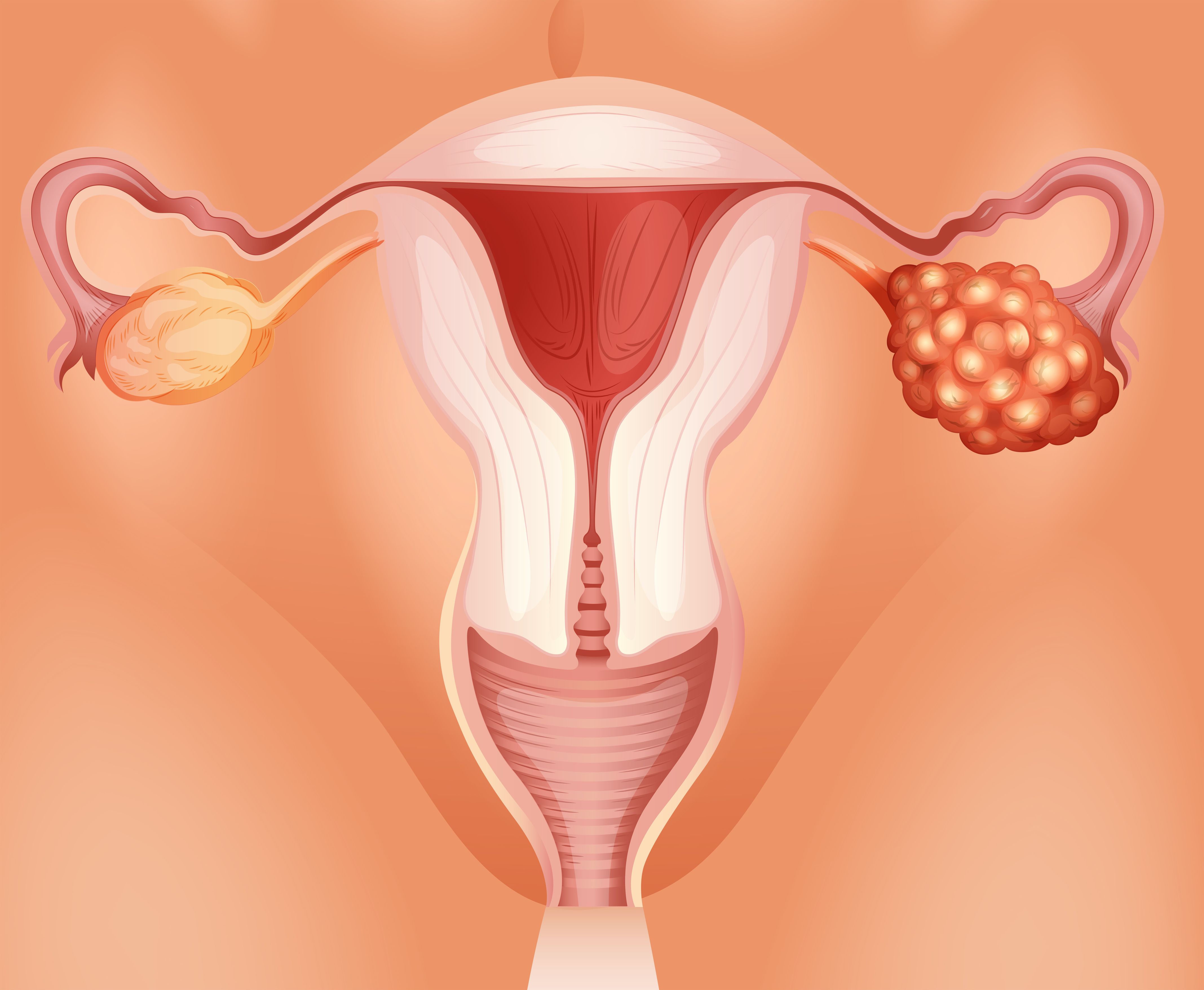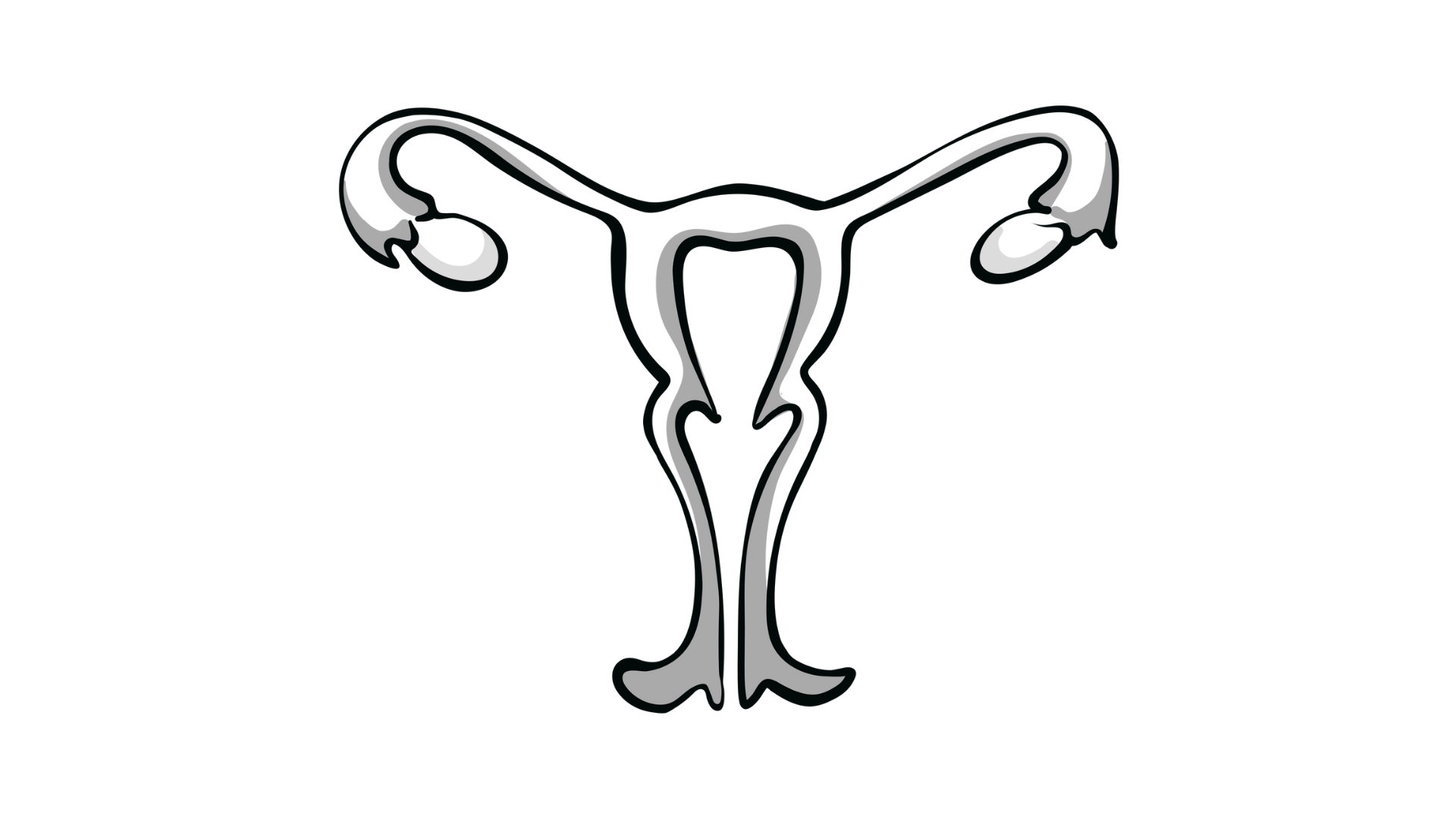FDA Grants Gemogenovatucel-T RMAT Status in Advanced Ovarian Cancer
The FDA granted RMAT status to gemogenovatucel-T for maintenance in patients with advanced ovarian cancer.

- The FDA granted regenerative medicine advanced therapy (RMAT) designation to gemogenovatucel-T (Vigil).
- Gemogenovatucel-T is an investigational, personalized immunotherapy.
- This RMAT designation applies to its use as a maintenance treatment for newly diagnosed, advanced stage IIIB/IV ovarian cancer patients who are homologous recombination proficient (HRP), have high clonal tumor mutational burden (TMB), and are in complete response (CR) following debulking surgery and frontline platinum-based chemotherapy.
The FDA has granted RMAT designation to gemogenovatucel-T, an investigational, personalized immunotherapy, as a maintenance treatment for patients with newly diagnosed, advanced stage IIIB/IV ovarian cancer who are HRP, have a high clonal TMB, and are in CR following debulking surgery and frontline platinum-based chemotherapy.
Data from the ongoing phase 2b VITAL trial(NCT02346747) support this designation. In the study, treatment with gemogenovatucel-T led to a clinically meaningful and statistically significant overall survival (OS) benefit vs placebo in the subgroup of patients with HRP ovarian cancer and a high clonal TMB who had achieved CR following treatment with standard-of-care frontline therapy. From randomization, the median OS was not reached (NR) among patients given gemogenovatucel-T (n = 25) vs 26.9 months for those given placebo (n = 20; HR, 0.342; log-rank P = .019).2
Updated OS data observed at an April 2021 data cutoff date showed a continued improvement with gemogenovatucel-T vs placebo (HR, 0.417; P = .02). At 2 years, the OS rates were 92% and 55% (P = .002) in these respective arms. At 3 years, the respective OS rates were 70% and 40% (P = .019).
“The RMAT designation for [gemogenovatucel-T] highlights the transformative capacity of our unique immunotherapy to benefit women battling advanced ovarian cancer,” said David Shanahan, chief executive officer of Gradalis, in a press release.1 “This important recognition affirms that [gemogenovatucel-T] has the potential to extend patient survival and may offer a safer, more precise therapeutic approach to a population in urgent need of innovative solutions. We continue to advance our [gemogenovatucel-T] development efforts as we work to bring this investigational therapy to patients as rapidly as possible.”
Gemogenovatucel-T is an advanced immunotherapy platform which works to enhance antitumor immune responses by leveraging a patient’s own tumor as the antigen source. It employs bi-shRNA technology to suppress furin, which then reduces immunosuppressive TGF-beta production. At the same time, it increases GM-CSF expression to activate and recruit immune effector cells, including T cells.1
This dual mechanism aims to generate a personalized and targeted immune response against a patient’s unique clonal tumor neoantigens.
Illustration of ovarian cancer: © blueringmedia - stock.adobe.com

About VITAL Trial
VITAL is a multicenter, randomized, double-blind, phase 2 study of maintenance gemogenovatucel-T engineered autologous tumor cells in female patients with stage IIIb, IIIc, or IV high-grade papillary serous/clear cell/endometrioid ovarian, fallopian tube, or primary peritoneal cancer.3 The study included patients aged 18 years or older who were in clinical CR after undergoing surgery and 5 to 8 cycles of carboplatin- and paclitaxel-containing chemotherapy.
Gemogenovatucel-T was derived from harvested tumor tissue, with patients receiving either 1 x 107 cells per intradermal injection or placebo monthly for 4 to 12 doses. The primary end point of the study was recurrence-free survival (RFS). The secondary end point was OS.
Findings from the study also showed that gemogenovatucel-T led to a positive trend for RFS in the overall population, with a median RFS from randomization of 11.5 months (95% CI, 7.5-NR) in the gemogenovatucel-T arm (n = 47) compared with 8.4 months (95% CI, 7.9-15.5) in the placebo arm (n = 44; HR, 0.69; 90% CI; 0.44-1.07; 1-sided P = .078).4 The median follow-up was 40.0 months (IQR, 35.0-44.8) from the first dose of gemogenovatucel-T and 39.8 months (IQR, 35.5-44.6) from the first placebo dose.
The median OS in the overall population from the time of randomization and the time of procurement was not significantly longer in the gemogenovatucel-T arm compared with the placebo arm (HR for OS from randomization, 0.71; [90% CI, 0.38-1.33; P = .18]; HR for OS from tissue procurement, 0.69; [90% CI, 0.37-1.29; P = .17]).
Among those in the HRP population, the median RFS from the time of randomization was 10.6 months with gemogenovatucel-T vs 5.7 months with placebo (HR, 0.386; P = .007).2 Statistically significant RFS and OS improvements were also observed among patients with BRCA wild-type disease.1
In addition to this study, a phase 1, all-comer trial has shown positive signals of activity across 19 different tumor types. Some patients treated with gemogenovatucel-T remain in the study 48 months later.
REFERENCES
Gradalis secures FDA regenerative medicine advanced therapy (RMAT) designation for Vigil (gemogenovatucel-T): an investigational personalized immunotherapy for advanced ovarian cancer. News release. Gradalis, Inc. February 5, 2025. Accessed February 5, 2025. https://tinyurl.com/3brmste4
Rocconi RP, Ghamande SA, Barve MA, et al. Maintenance vigil immunotherapy in newly diagnosed advanced ovarian cancer: efficacy assessment of homologous recombination proficient (HRP) patients in the phase IIb VITAL trial. J Clin Oncol. 2021;39(15):5502. doi:10.1200/JCO.2021.39.15_suppl.5502
A trial of vigil for participants with ovarian cancer (VITAL). ClinicalTrials.gov. Updated January 9, 2025. Accessed February 6, 2025. https://clinicaltrials.gov/study/NCT02346747
Rocconi RP, Grosen EA, Ghamande SA, et al. Gemogenovatucel-T (Vigil) immunotherapy as maintenance in frontline stage III/IV ovarian cancer (VITAL): a randomised, double-blind, placebo-controlled, phase 2b trial. Lancet Oncol. 2020;21(12):1661-1672. doi:10.1016/S1470-2045(20)30533-7
FDA Grants RMAT Designation to Nogapendekin Alfa in Pancreatic Cancer
February 28th 2025The FDA granted RMAT designation to nogapendekin alfa and CAR-NK for reversing lymphopenia in patients with cancer, with promising survival data in metastatic pancreatic cancer and non–small cell lung cancer.
Read More






